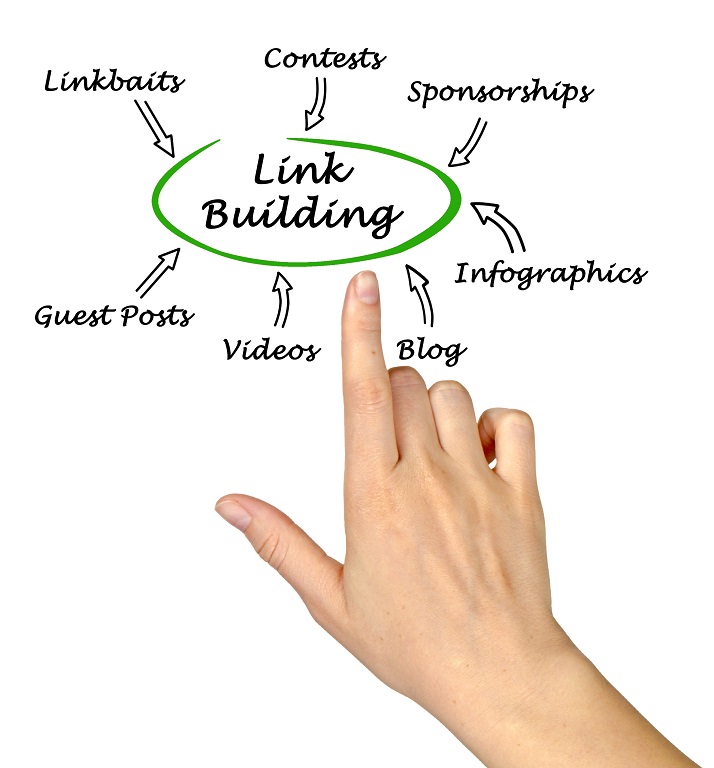If you are looking to increase organic traffic to your website, your SEO strategy must revolve around two of the most critical ranking factors: relevance and authority. Relevance is all about knowing what your target audience is searching for and giving them the best quality content for their needs. In other words, your content answers their search query so well that Google has no choice but to show it to them.
Nevertheless, SEO strategists know that ranking high on search results is not an exact science. Terrific content is a great start, but it’s only one piece of the puzzle that Google factors into their rankings. One of the most important of those factors concerns how authoritative or trustworthy the creator of that content is.
While the concept of authority may seem somewhat subjective, Google does have a way to measure it: backlinks. Although Google is constantly tweaking their algorithm, it still evaluates web pages according to the number and quality of websites linking to them. Since backlinks are kind of like votes in a popularity contest, the more you have the higher your domain authority will be. And, more importantly, Google will be more likely to notice your site and increase your web ranking.
For this reason, we have assembled some tips for link building that will help to raise your domain authority and your rankings in search engines.
Revise Older Content
When you look at older blogs, articles, or research reports, check out how many backlinks that piece has. If there are multiple sites referencing that content, then it’s a great piece to update. You can add new content with relevant data and publish the piece again in its latest form.
As soon as it goes live, feel free to reach out to the bloggers or journalists who linked to the old content and let them know about your revised version. Typically, you will get some backlinks or social media shares in the next few days. Moreover, other good things may result from rejuvenating these relationships. You might wind up working with that person or sharing more content with them that can help grow your brand and increase your traffic.
Become a Source for Other Publishers
Help a Reporter Out (HARO) is a free source that connects people that need information and research like reporters with content providers that want the links and exposure. It’s kind of like a dating app for sourced content.
After you register as a source, you just need to keep on the lookout for content requests that are relevant to you. As soon as you see something that draws upon your expertise, send the journalist a brief pitch. If someone quotes you or uses you as a source, you will earn a very valuable backlink. By using your knowledge and skill set, you can become a trusted source for other bloggers and journalists. You will also drive more referral traffic to your website.
Use Images to Get More Links
Try sprinkling your content with different kinds of images to get more links and mentions. If you have complex concepts, it helps to use diagrams to explain them. Or make use of charts and infographics to display data from your research. You can also create free photo galleries for other people to use. Since people often need photos to accompany their content, they may be happy to give you a link for using one of your photos.
Concentrate on Content Formats that Generate Links
Unfortunately for content creators, most content on the web is completely ignored. In fact, a recent study by BuzzSumo found that 75% of all online content gets no links at all. On the other hand, certain types of content do very well. Indeed, content formats such as “Why” posts, “How to” posts, infographics, videos, and lists tend to get much more backlinks than other types.
Of course, your content still has to be well-written and informative regardless of the format. However, the success of these types of formats should give you an idea of how to structure your content to get more backlinks and shares.
Try Rebuilding Broken Links
This strategy involves contacting a website that has a broken outbound like to an external source. You can let the site know and recommend they update it with a link to one of your pages. Naturally, your page content must be relevant to what they were originally linking. In other words, swapping the old link with one of yours has to make sense for the original page content.
The main reason why this strategy works is because you are offering a webmaster unsolicited help. By helping them fix an error on their site, you improve their site’s user experience. Of course, to get started you need to hunt down broken links. Whether you look through websites with content similar to yours or you recreate a dead page that had lots of links, you will need a good SEO tool to find the broken links.
Regardless of the quality of your content, improving your platform’s authority is still one of the strongest ways to bolster its online presence. And the best way to accomplish this is through quality backlinks, so try out some of these next link building campaign.





